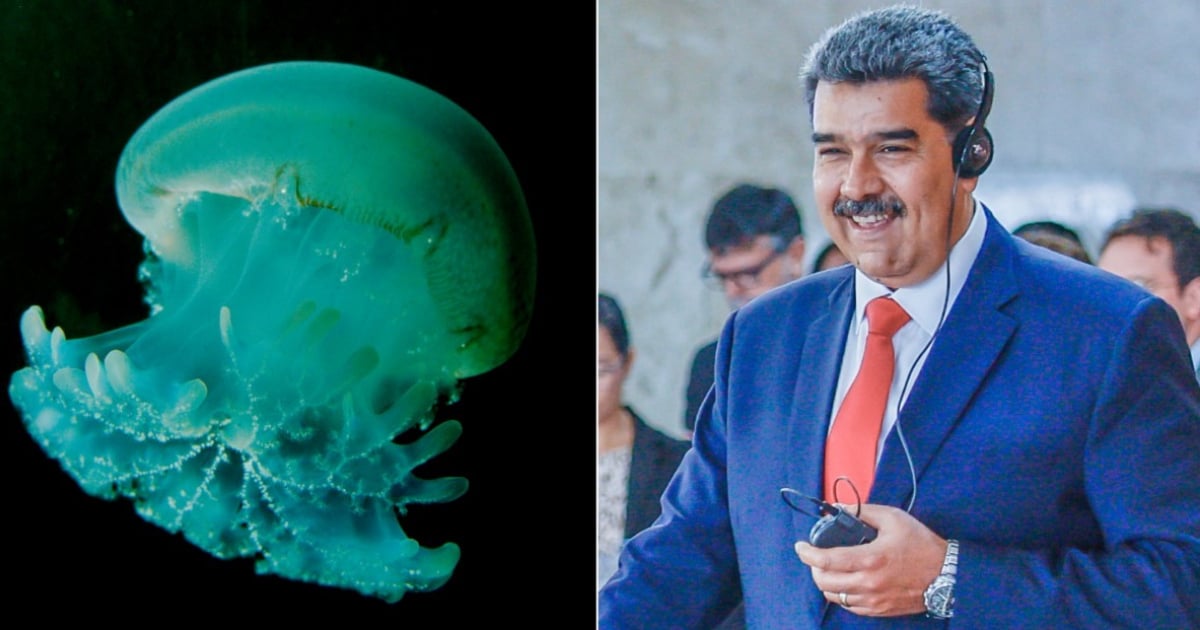
The export of Venezuelan oil is not at its best moment after a 9% drop in September. Factors such as blackouts, equipment failures at the state-owned PDVSA, U.S. sanctions, and electoral uncertainty continue to affect the Venezuelan oil sector. With the aim of reducing dependence on hydrocarbons and generating new sources of foreign currency, while promoting non-oil exports, the South American country has begun exporting the jellyfish "Bola de Cañón," also known as "Aguamala."
In 2023, Venezuela exported more than 156 tons of this marine species to South Korea. The jellyfish, which was previously seen as a problem along the Venezuelan coasts due to its impact on tourism, has found a niche in the Asian market, where it is valued for its culinary and medicinal properties. In countries like China, Japan, South Korea, and Thailand, it is used in dishes such as sashimi or traditional soups.
Venezuela is now seeking to fully enter the exporting industry, where countries like Argentina, Mexico, Peru, and Colombia already participate, having consolidated their production after years of experience in exporting. However, the South American country has an advantage due to the natural abundance of jellyfish in its waters, and international trade tensions could work in its favor. The country is determined to focus its efforts on aquaculture as part of its economic diversification strategy.
The Cannonball Jellyfish has a toxic filament in its tentacles, which it uses as a defense mechanism and can cause everything from skin eruptions to serious issues like asphyxiation or anaphylaxis. Despite this, this species is safe for human consumption when processed properly.
In the global context, and amid the conflict in the Middle East, the Secretary General of OPEC visited Venezuela to analyze the global energy market. Currently, PDVSA produces approximately 922,000 barrels per day, a figure much lower than in previous years, partly due to the sanctions imposed by the United States, which limit Venezuela's ability to trade freely in the international market.
What do you think?
COMMENTFiled under: